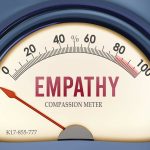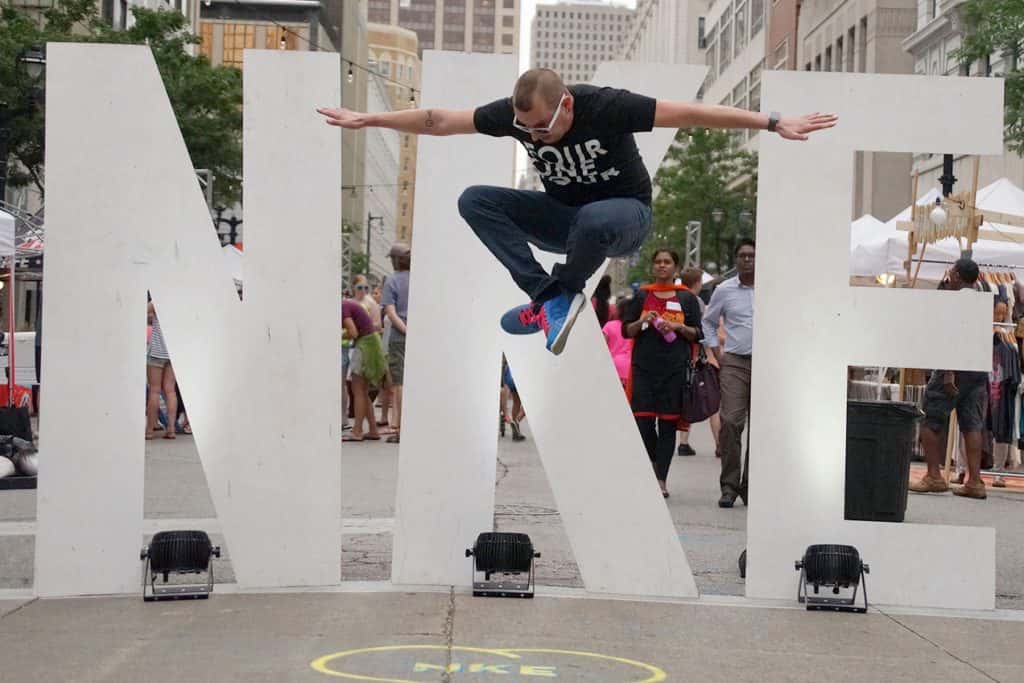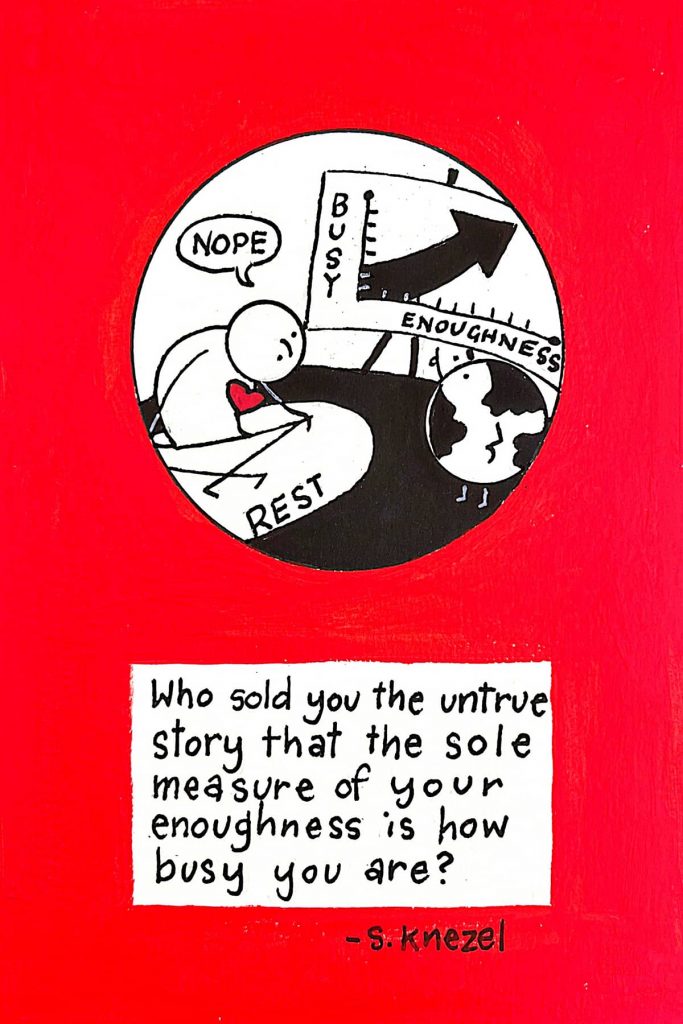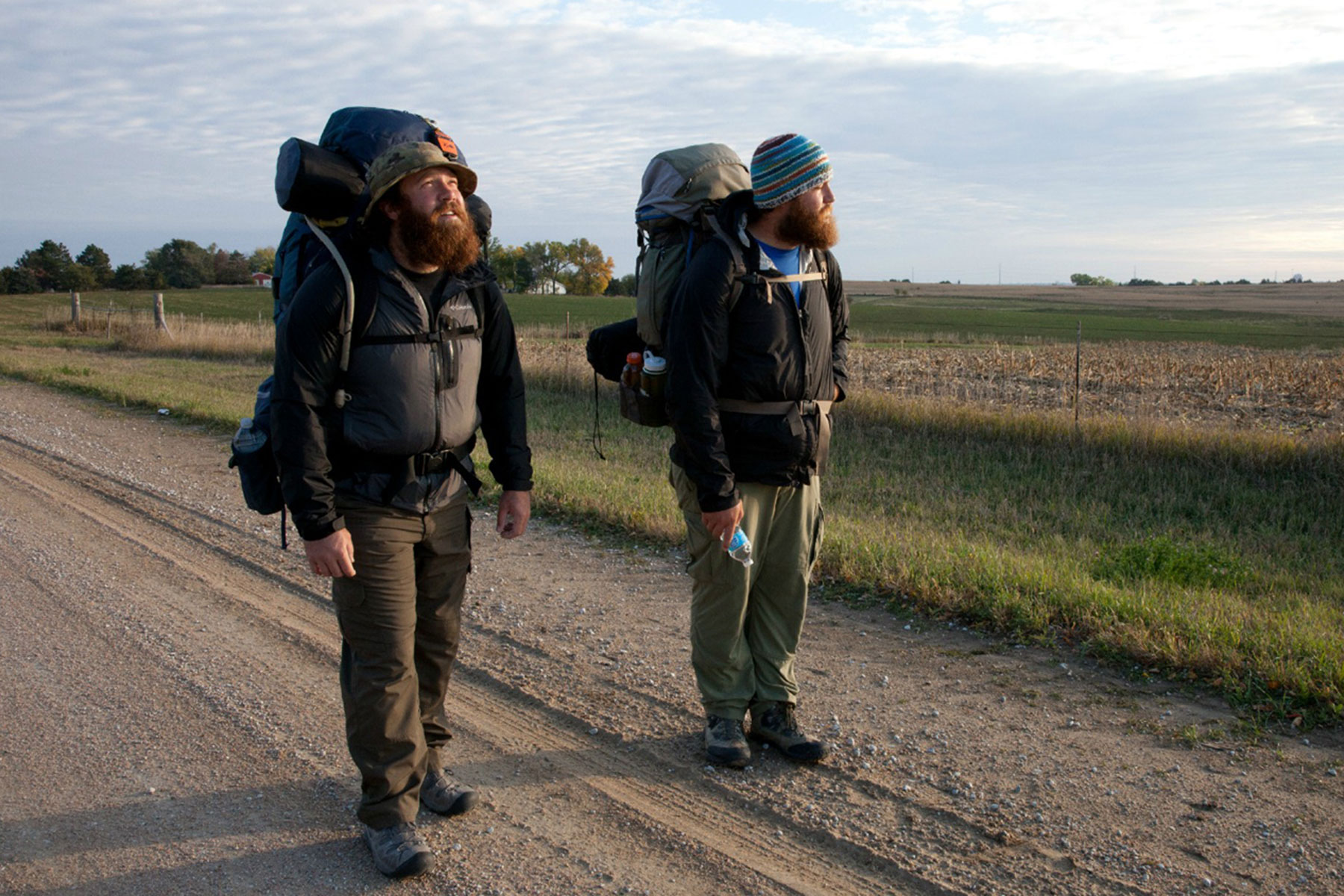
“This moving documentary has a compelling urgency.”
– The Hollywood Reporter
Two Milwaukee friends, both Iraq veterans, began a journey that will come full circle next week when Almost Sunrise, a new documentary film featuring their spiritual odyssey, screens as the Centerpiece film in front of packed audiences at the city’s Landmark Oriental Theater on October 1, and again on Oct 2, as part of the 2016 Milwaukee Film Festival.
It was a scorching summer day in 2013 when the Mayor of Milwaukee, a gaggle of press, family and friends of Tom Voss and Anthony Anderson gathered to mark the launch of an extraordinary trek. The pair, in an attempt to put their haunting combat experiences behind them, were about to walk 2,700 miles across America. Filmmakers Michael Collins and Marty Syjuco were there to capture it all on film. The result is a powerful, inspiring portrayal of the human spirit, taking the war genre to new heights. Docs about veterans are usually somber pieces that explore the darkness of battle but few, if any, venture past the shadows. But this unique new film takes a rare, uplifting look at the life of veterans beyond their demons.
It’s a staggering statistic: 20 U.S. veterans take their own lives every day, which means, we lose more soldiers to suicide than to combat. Despite billions of dollars spent on the mental health of veterans, the crisis rages unabated. Almost Sunrise, by the award-winning filmmaking team behind Give Up Tomorrow (a 2013 News & Documentary Emmy nominee and Milwaukee Film Festival Official Selection 2011) Michael Collins (director) and Marty Syjuco (producer), is a timely and groundbreaking look at what could be a missing piece of the puzzle—the true nature of the psychological wounds of returning soldiers known as “Moral Injury” and the undeniable potential power of meditation and nature therapy in helping veterans to reclaim their lives.
While the physical trek across snowy mountains and vast deserts is punishing, the inner journey proves to be, by far, the most dangerous mission they will ever undertake. Like many of their fellow returned servicemen and women, Tom and Anthony are tackling post traumatic stress, or PTSD, but the pair are simultaneously dealing with an unseen battle scar called “Moral Injury.” The condition often manifested as an extreme sense of guilt and shame that arose when individuals go against their own moral code. While PTSD, characterized by fear, can be treated with drugs, therapists are finding that no amount of medication can treat the pain that comes from carrying a moral burden. Almost Sunrise is the first feature documentary film to introduce the emerging term “Moral Injury,” what some experts believe may eventually be recognized as the signature war wound of our generation.
While the film exposes some of the brutality of war, it does not dwell there. “It’s ultimately a story of hope and potential solutions,” Collins says. Most importantly, the film reveals the promise of holistic practices for healing. When Tom signs up for a special breathing workshop for veterans, he must confront his deepest spiritual identity. He encounters Father Thomas Keating, a renowned Trappist monk who has counseled veterans for decades, who gently illuminates the need to turn inward to achieve true peace, guidance that culminates in a remarkable transformation, rarely depicted on screen. Where the stereotypes of “the broken veteran” and “homecoming hero” leave off, Almost Sunrise continues onward, presenting audiences with an unprecedented portrait of those who return from war; richer, far more complex beings. They are driven by a universal human aspiration for happiness, who discover life’s soaring possibilities.
Almost Sunrise made its World Premiere on Memorial Day weekend at the Telluride Mountainfilm Festival, where it won the “Moving Mountains” Award, a top jury prize, which recognizes a film with a powerful social impact. The film then had its East Coast Premiere at the prestigious Human Rights Watch Film Festival New York. The film has garnered much national press, including a feature front page article in the Science Section of The New York Times, The Hollywood Reporter, Newsweek, NPR, as well as national television coverage on Fox News Channel.
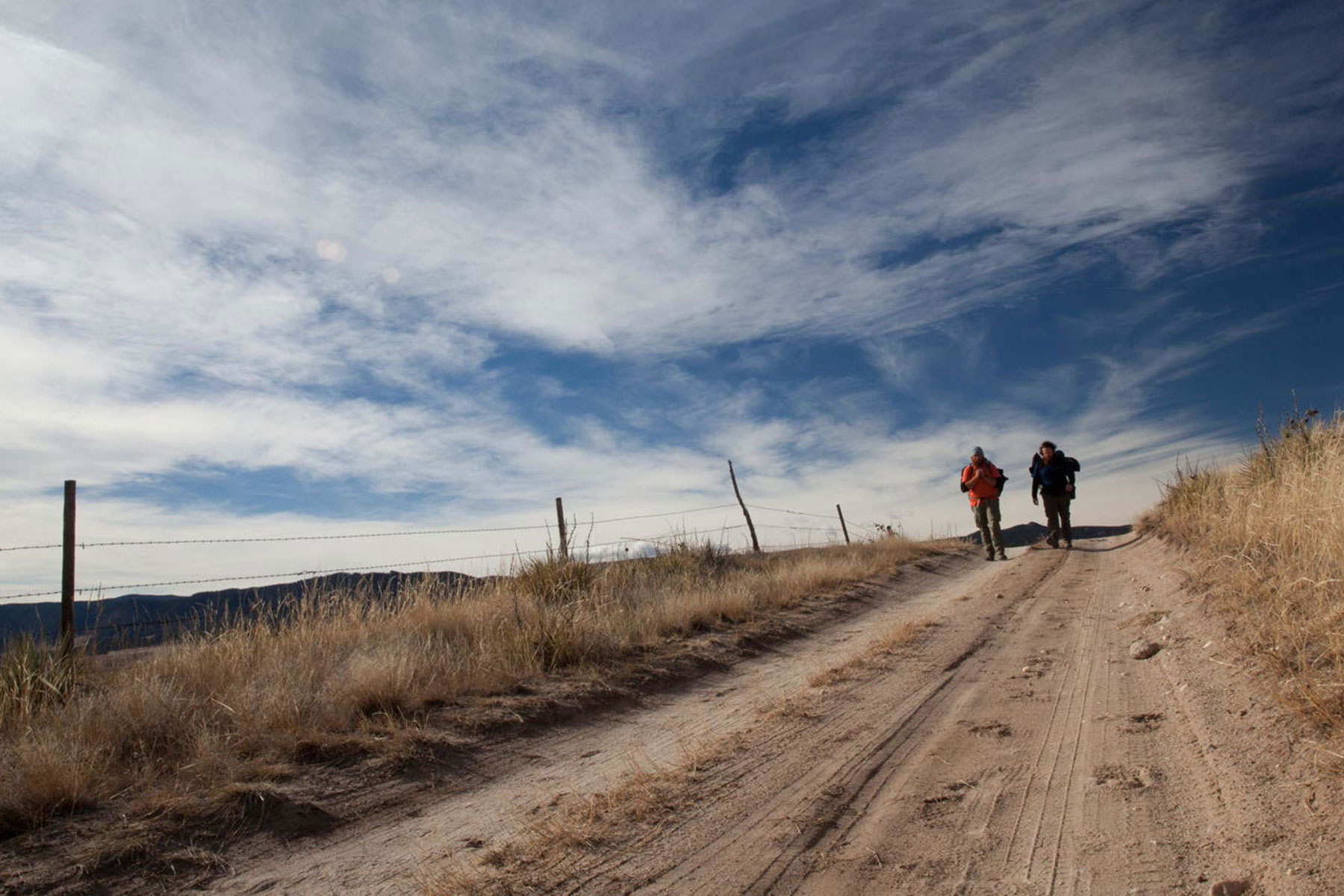
About the Impact Campaign
“Our vision for the campaign is to walk with veterans on a path towards healing,” says Syjuco.
The Almost Sunrise Impact Campaign is a two-year initiative designed to educate and engage target audiences. The campaign includes the national broadcast premiere of Almost Sunrise in Spring 2017 on the PBS documentary series POV, and an interactive multimedia exhibit including a photo essay, videos, audio, articles, educational curricula and more.
The campaign focuses on the following key goals:
- Education on “Moral Injury”
Spark a national conversation about “Moral Injury” with the public and within the healthcare community. - Promoting Wellness
Increase access to evidence-based, holistic tools for veterans and their families. - Changing Legislation
- Support legislation to improve the VA’s ability to promote alternative treatments within the system.
- Connecting Communities
Build active community support for veteran reintegration, break the stereotypes, and bridge the military civilian divide.












